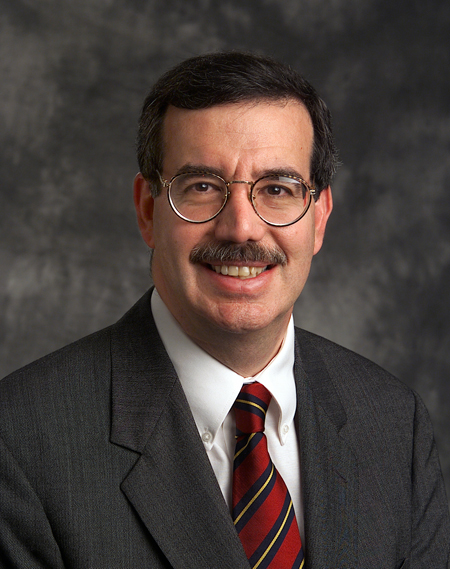Bulletin News

04/12/2010
SUNY Cortland President Erik J. Bitterbaum joins the New York Campus Compact (NYCC) Executive Committee, dedicated to promoting service-learning in higher education, on July 1.
He will serve a two-year term alongside five other newly named executive committee members at the state chapter level of the national college president coalition called Campus Compact.
“There is nothing more important today than for our students to receive a quality education and part of their education is to become good citizens,” he said. “Our mission is that, when they leave, they will have some understanding of what is their commitment to society. The way we instill that goal is through our institutional commitment to public service and civic engagement, which has become a cornerstone of our college community.”
NYCC’s mission is to promote active citizenship as an aim of higher education. In a statewide leadership role, the organization strives to strengthen the capacity of member institutions to partner with their communities; increase student involvement in academic and co-curricular public service; advance engaged scholarship; and cultivate the knowledge, values and skills of civic responsibility and democratic participation.
Hosted by Cornell University since its inception, the charter membership of 39 institutions has grown to 79. NYCC is the largest of the 34 Campus Compacts in the national network, which now numbers more than 1,100 institutions in 49 states. In 2005, NYCC received legislative resolutions from both the New York State Assembly and the New York State Senate for “Advancing Campus/Community Partnerships and Civic Engagement.”
The current executive committee members are: Nancy Cantor, chancellor and president of Syracuse University; Lois DeFleur, president of Binghamton University; Don Katt, president of Ulster Community College; Fr. Joseph Levesque, president of Niagara University; and David Skorton, president of Cornell University. Katt and Fr. Levesque are the executive committee co-chairs.
The five college presidents joining the executive committee with Bitterbaum are: Daan Braveman, Nazareth College; Kimberly Cline, Mercy College; Eduardo Martí, Queensborough Community College; Thomas Rochon, Ithaca College; and Robert Scott, Adelphi University.
“These individuals and their institutions have made significant commitments to advancing the public mission of higher education,” said Jim Heffernan, NYCC’s executive director. “As New York Campus Compact approaches its 10th year, their leadership will be especially important.”
SUNY Cortland is a charter member of NYCC, observed Richard Kendrick, a professor of sociology and anthropology who directs SUNY Cortland’s Institute for Civic Engagement.
In 2000-01, SUNY Cortland faculty helped form the NYCC, according to College records. Then-President Judson H. Taylor joined the National Campus Compact in 2002, serving on the NYCC Executive Committee.
Kendrick and two others who remain key players in civic engagement on the SUNY Cortland campus — Career Services Director John Shirley and Coordinator of Service-Learning John Suarez — participated on the task force that brought NYCC into being, Kendrick said.
When Bitterbaum became president of SUNY Cortland, he became a Campus Compact member.
“Dr. Bitterbaum has been steadfast and consistent in his vision of SUNY Cortland as a leader in community outreach and the civic engagement of its students,” Kendrick said. “I am sure that he will bring that vision to the state level to make New York a national leader in the civic development of its students.”
“What NYCC represents is such an important part of what we do here at Cortland,” Bitterbaum added. “Hopefully my voice will make a difference as we move forward with what all our campuses are doing. We are not unique, but this is something that’s important to us and that’s why I’m very glad to help provide service.”
Information about NYCC can be viewed on the Web at nycc.cornell.edu. For questions about the national organization, Campus Compact, visit compact.org.

